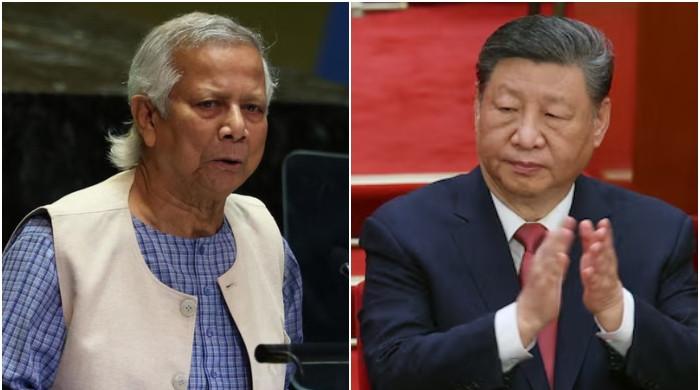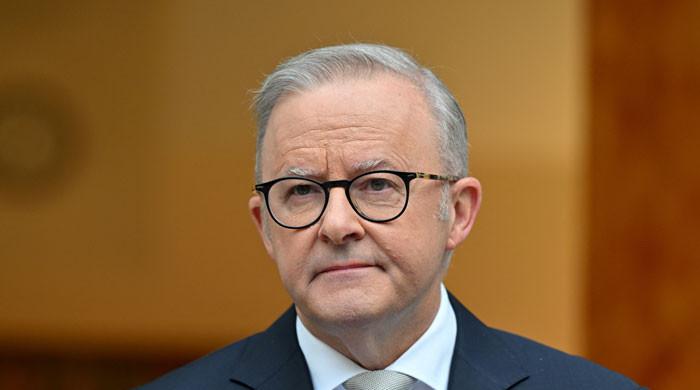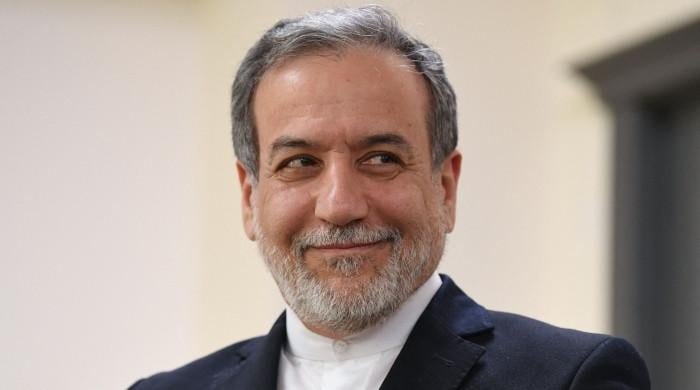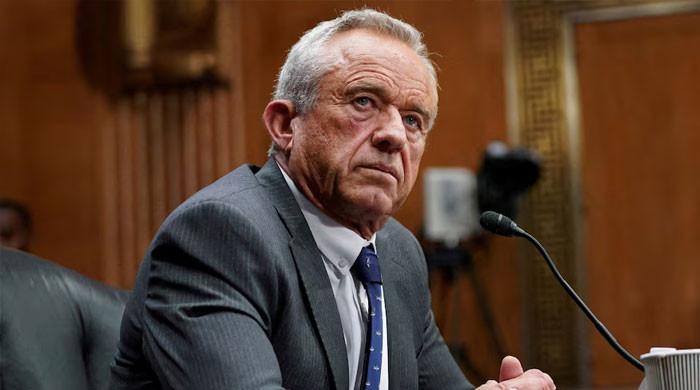BRICS adds 6 new members as Russia, China rev up expansion drive
While projecting unity, BRICS summit revealed differing viewpoints among its members regarding expansion
August 24, 2023
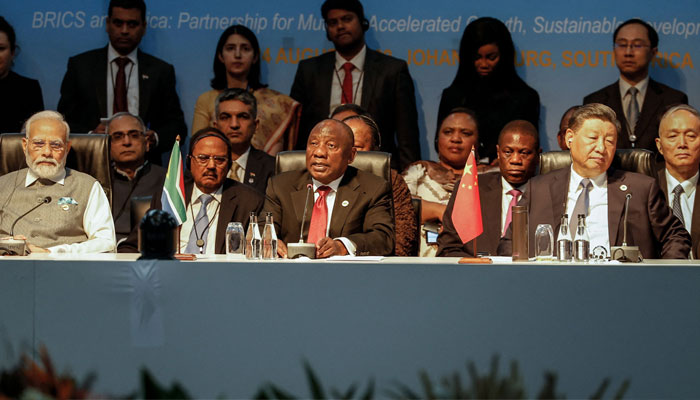
The BRICS group, a coalition of emerging economies comprising Brazil, Russia, India, China, and South Africa, has extended invitations to six countries including Argentina, Egypt, Ethiopia, Iran, the United Arab Emirates, and Saudi Arabia.
This expansion boasts the group's standing as a robust geopolitical alternative to Western-led international forums. The announcement took place during a summit hosted in South Africa, a testament to the BRICS group's aim to neutralise the dominance of Western-dominated entities such as the G7 and the World Bank.
Reservations of member nations
While projecting a facade of unity, the BRICS summit revealed differing viewpoints among its members regarding the expansion. Some leaders expressed caution against restoring Cold War-like global dynamics, highlighting concerns about potential shifts in the group's priorities and dynamics.
This expansion, however, aligns with the BRICS group's goal of promoting diversity in an increasingly polarized world, heightened by events such as Russia's actions in Ukraine and strained US-China relations.
The invitation of Argentina, Egypt, Ethiopia, Iran, the UAE, and Saudi Arabia has sparked discussions about the BRICS group's future direction. India, concerned about maintaining its influence amid ongoing territorial disputes with China, emphasized its strategic role within the group. Brazil and South Africa, meanwhile, sought to ensure their relationships with partners in Europe and North America remained intact.
Iran's inclusion and geopolitical implications
The decision to include Iran in the expansion garnered attention, underscoring the influence of Russia and China in shaping the group's decisions. This move has the potential to escalate geopolitical tensions with Western powers due to Iran's intricate international relations. While the BRICS group's aspiration to counterbalance Western dominance is clear, Iran's participation adds complexity to this pursuit.
China's President, Xi Jinping, a proponent of swift expansion, characterized the inclusion of new members as "historic." Xi emphasized the importance of jointly defining and upholding international rules, challenging the notion that the strongest players should dictate them.
Indian Prime Minister Narendra Modi echoed this sentiment, viewing the expansion as a catalyst for global institutions to adapt to changing times.
New members
The six countries invited to join BRICS bring diverse strategic interests to the table.
Saudi Arabia, a key Middle Eastern trading partner for the BRICS group, has cultivated ties with China while maintaining a certain level of independence from US interests.
Egypt, straddling Africa and the Middle East, has fostered relationships with Russia and China while upholding its ties with the United States. Argentina, grappling with economic challenges, sees BRICS membership as a potential financial lifeline and a path to alternative economic avenues.
Iran's application reflects its effort to strengthen ties with non-Western powers and counter Western isolation efforts.
The United Arab Emirates, already part of the BRICS' New Development Bank, has now received a formal invitation for full membership, marking a significant step in its collaboration with the group.




